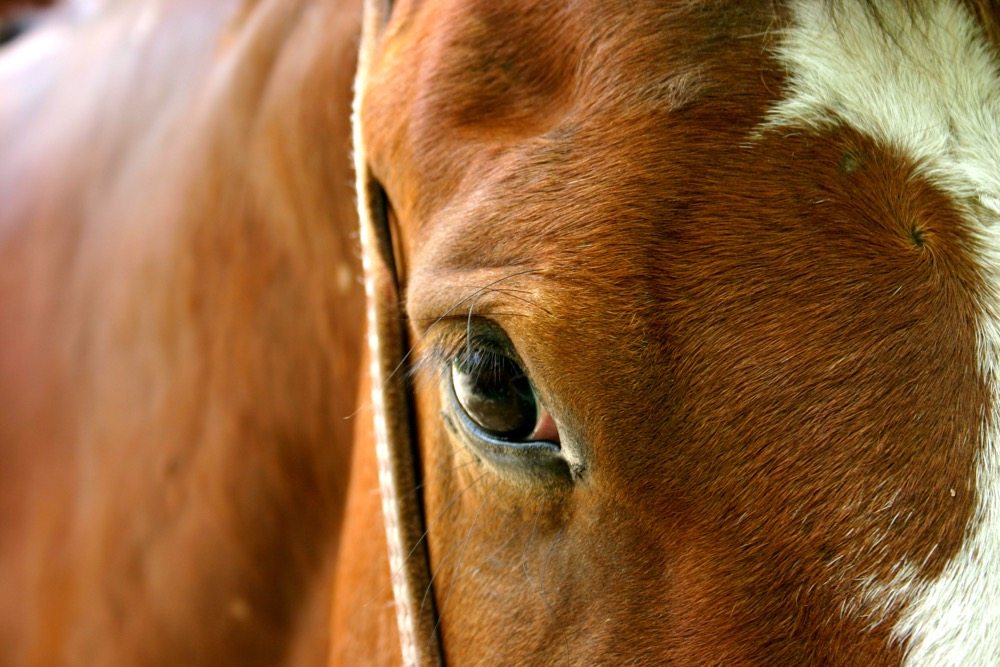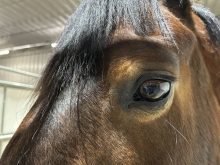Horse owners are being warned to be on the watch after the Canadian Food Inspection Agency (CFIA) recently confirmed a case of equine infectious anemia in Strathcona County.
But the federally reportable disease can be hard to spot, the Office of the Chief Provincial Veterinarian said in a news release.
“Infected animals may show few clinical signs of disease, particularly in the early stages of infection,” the release stated. “However, infected animals remain carriers of the virus for life, putting other animals at risk.”
The case in Strathcona County was confirmed on Feb. 21, the Alberta Equestrian Federation said on its website. The horse, which had shown clinical signs of the disease, was euthanized shortly after a test sample was taken by a veterinarian, the federation said.
Read Also

Farming Smarter receives financial boost from Alberta government for potato research
Farming Smarter near Lethbridge got a boost to its research equipment, thanks to the Alberta government’s increase in funding for research associations.
Loss of co-ordination may be the only visible sign of the disease, but other potential symptoms are anorexia, depression, general weakness, intermittent fever up to 41 C, jaundice, bleeding under the tongue and eye, swelling of the extremities, and weight loss.
“If you suspect your horse may be infected, contact your veterinarian as soon as possible,” said the Office of the Chief Provincial Veterinarian. “Many other diseases can cause the same signs in horses, which is why it’s so important to call your veterinarian to examine and possibly test your horse for EIA.”
There is no risk to humans, but the disease can be fatal for horses, donkeys, and mules. It can be transmitted by horse and deer flies; needles, syringes or surgical instruments; and semen. Foals can be infected in utero, and they are usually aborted or die within two months of birth. There is no cure or vaccine.
For more information, go to the ‘Reportable Diseases’ page on the CFIA website or call the Office of the Chief Provincial Veterinarian at 780-427-3448.















